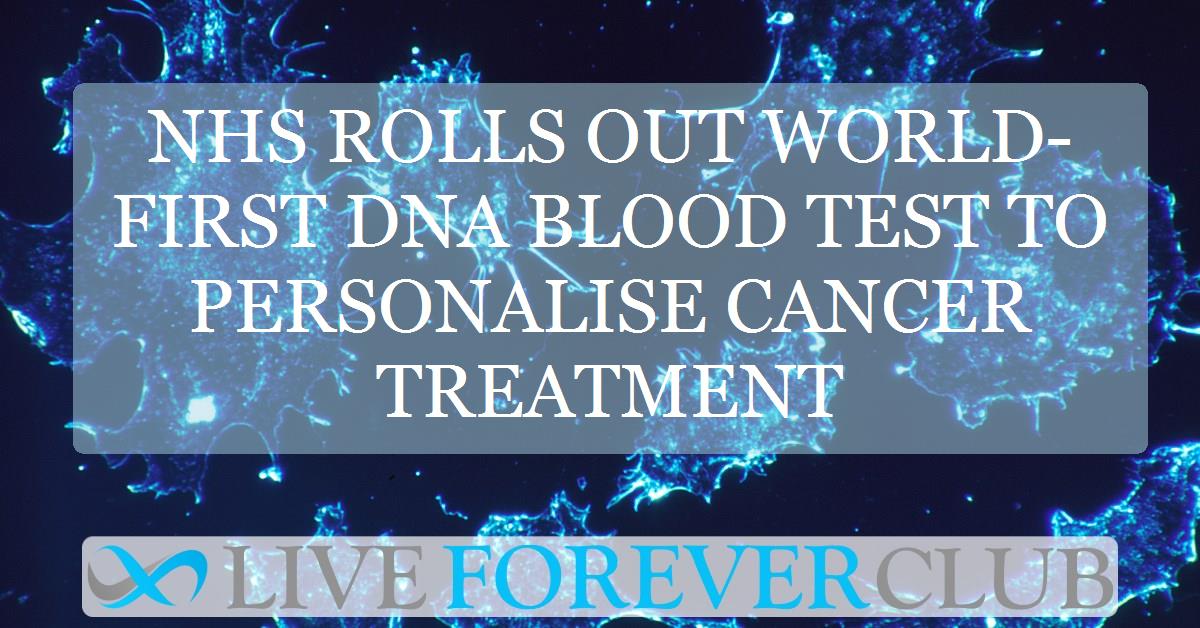Key points from article :
A groundbreaking new DNA blood test, known as a liquid biopsy, is being rolled out across NHS hospitals in England, offering thousands of cancer patients faster and more personalised treatment. In a world-first, the test will initially benefit patients with lung and advanced breast cancer—two of the most common types—by detecting tiny fragments of tumour DNA circulating in the blood. This allows doctors to identify genetic mutations and quickly match patients to targeted therapies tailored to their specific cancer profile.
The initiative, led by Professor Peter Johnson, NHS England’s clinical director for cancer, is being hailed as a major step towards precision medicine. Results from pilot studies showed that the test could speed up access to treatment by up to 16 days and help some patients avoid invasive biopsies or unnecessary chemotherapy. NHS genomic labs in Manchester and London can now deliver results within days, enabling clinicians to make faster and more accurate treatment decisions.
The test is expected to benefit at least 15,000 patients with suspected lung cancer and 5,000 women with advanced breast cancer each year. It also promises significant cost savings—an estimated £11 million annually in lung cancer care alone. NHS leaders hope to expand its use to other cancers, such as pancreatic and gallbladder cancer, in the future.
Experts including Professor Alastair Greystoke and Professor Sanjay Popat, who led the pilot studies, emphasized how this non-invasive approach has already transformed care. Speaking ahead of the American Society of Clinical Oncology’s annual meeting in Chicago, NHS Chief Scientific Officer Dame Sue Hill said the test marks a "real step-change" in cancer care, combining cutting-edge genomics with rapid, patient-centred treatment.








